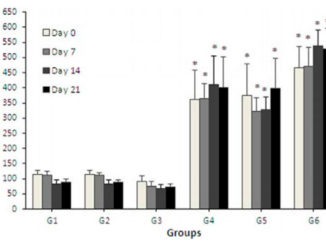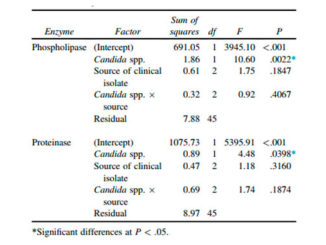
Writers: Marilza Vieira Cunha Rudge, Fernanda Piculo, Gabriela Marini, Débora Cristina Damasceno, Iracema Mattos Paranhos Calderon1, Angélica Pascon Barbosa
Keywords: Diabetes; pregnancy; animal models; translational research; urinary incontinence
Abstract: Maternal diabetes constitutes an unfavorable environment for fetal-placental and embryonic development. It is has important repercussion in modern obstetrics, since it is associated to an increased risk of neonatal and maternal morbidity, and it still is a significant medical challenge. The increased occurrence of diabetes worldwide, the increase in diabetes type 2 in women at reproductive age and the crossed generation of intrauterine programming for diabetes type 2 are the bases for the growing interest in utilization of diabetic experimental samples, with the aim to acquire knowledge about the mechanisms that induce development alterations in gestational diabetes. Several studies have shown the benefits of diabetes prevention, with interventions in lifestyle, metabolic improvement and control of cardiovascular risk factors to substantially prevent the complications of this devastating disease. Despite these findings, the recent revolution in the scientific knowledge, and the infinite number of new therapies for diabetes, there is still a large gap between what was learned through research and what is really done in public, clinical and community health. The negative economic impact of this complacency in people, families, and national economies is alarming. It is expected that translational research in the binomial diabetes and pregnancy are implemented in centers of excellence, in both basic and applied research, and complemented by multicenter clinical studies, conducted in a pragmatic way to increase the level of scientific evidence with more reliable diagnostic and propaedeutic resources.




